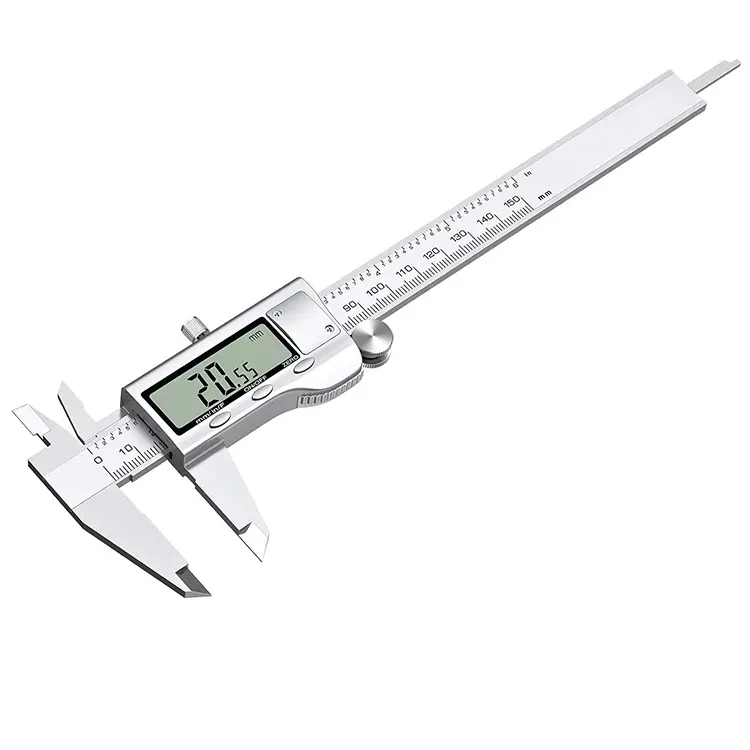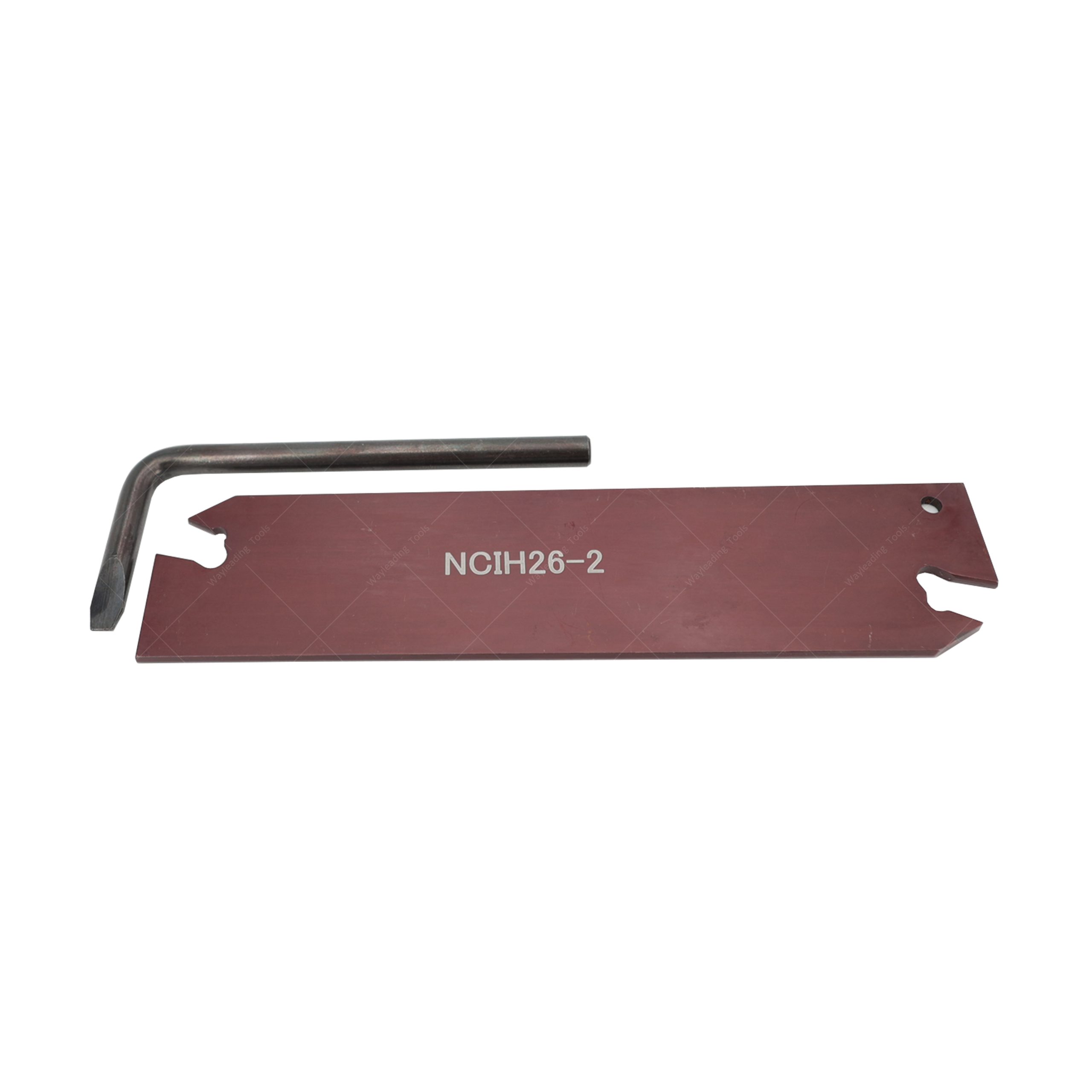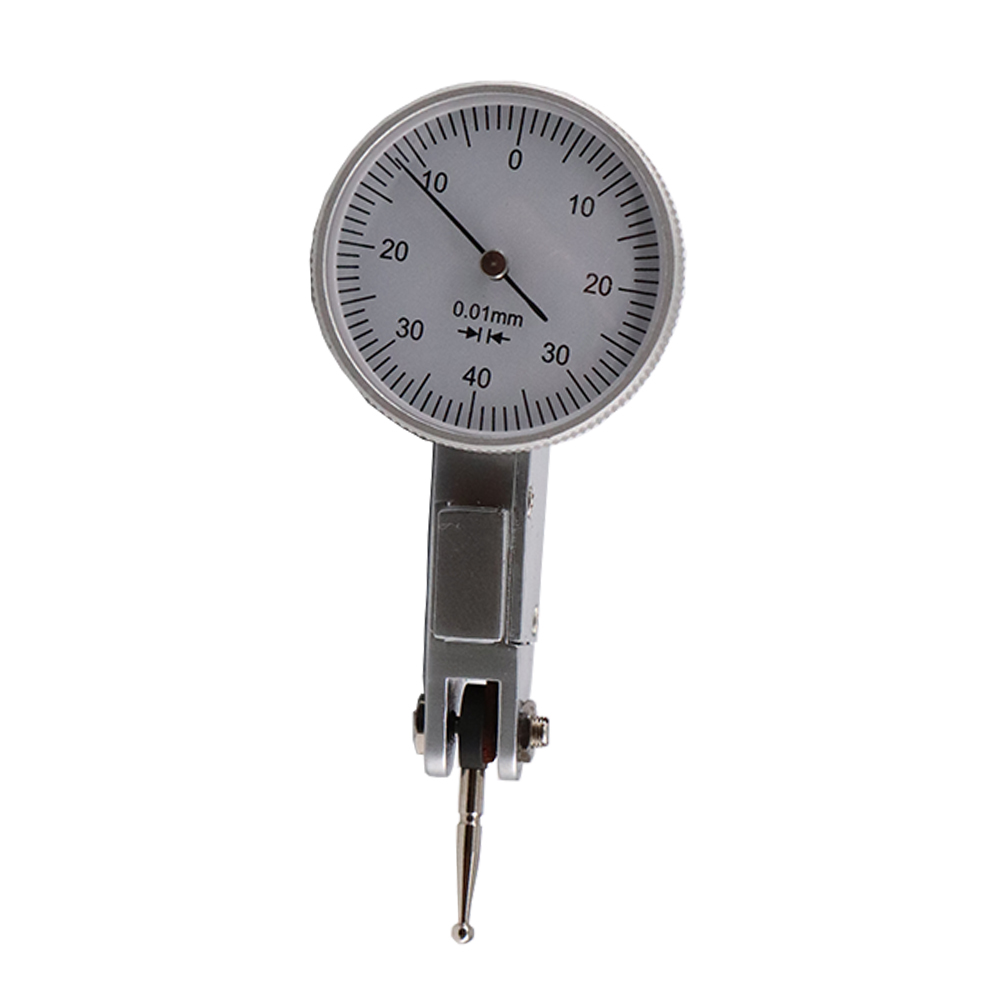step drill bit Factories
Step drill bits, also known as Unibits, are conical-shaped drill bits designed to drill holes of incrementally increasing diameters. They are particularly useful for drilling holes in thin materials such as sheet metal, plastics, and wood. This article provides an in-depth look at step drill bit factories, exploring their manufacturing processes, the different types of step drill bits they produce, key considerations when choosing a factory, and essential factors for ensuring quality and performance.
Understanding Step Drill Bit Manufacturing
The manufacturing of step drill bits involves several key stages, each contributing to the final product's quality and performance. Here's a brief overview:
Material Selection
The choice of material is crucial. Commonly used materials include:
- High-Speed Steel (HSS): Offers good wear resistance and is suitable for general-purpose applications.
- Cobalt Steel: Provides increased heat resistance and is ideal for drilling harder materials like stainless steel.
- Carbide-Tipped: Offers exceptional hardness and wear resistance, making them suitable for demanding applications and abrasive materials.
Cutting Tool Geometry
The design and precision of the cutting edges are critical for efficient and clean drilling. Factories employ advanced grinding techniques to achieve the desired geometry.
Heat Treatment
Heat treatment processes, such as hardening and tempering, enhance the hardness and durability of the step drill bits.
Surface Coating
Coatings like titanium nitride (TiN) or titanium aluminum nitride (TiAlN) reduce friction, increase wear resistance, and extend the tool's lifespan.
Types of Step Drill Bits Produced by Factories
Step drill bit factories produce a variety of step drill bits tailored to different applications:
Standard Step Drill Bits
These are general-purpose step drill bits with evenly spaced steps, suitable for a wide range of materials and hole sizes. They are a great option to use with any drill from Wayleading Tools.
Tapered Step Drill Bits
These bits feature a more gradual taper between steps, making them ideal for deburring and creating countersunk holes.
Unibit (Single-Flute) Step Drill Bits
Unibits have a single flute that spirals up the cone, designed to reduce chatter and improve hole accuracy, especially in thin materials.
Metric Step Drill Bits
These step drill bits are designed with metric measurements for precise drilling in metric-specified applications.
Key Considerations When Choosing a Step Drill Bit Factory
Selecting the right step drill bit factory is vital for ensuring the quality and reliability of your tools. Consider the following factors:
Manufacturing Capabilities
Assess the factory's capabilities, including their machinery, technology, and production capacity. Ensure they can meet your specific requirements for material, size, and coating.
Quality Control Processes
Inquire about the factory's quality control procedures. Do they have stringent inspection processes at each stage of manufacturing? Are they certified to international standards like ISO 9001?
Customization Options
If you require custom step drill bits, ensure the factory offers customization options. This includes the ability to modify the number of steps, step diameters, and flute design.
Pricing and Lead Times
Obtain quotes from multiple factories and compare pricing. Also, inquire about lead times and ensure they align with your project schedule.
Reputation and References
Check the factory's reputation by reading online reviews and seeking references from other customers. A reputable factory will have a track record of delivering high-quality products on time.
Ensuring Quality and Performance of Step Drill Bits
To guarantee the quality and performance of step drill bits, consider these factors:
Material Hardness Testing
Verify that the factory performs hardness testing to ensure the step drill bits meet the specified hardness requirements for the chosen material.
Dimensional Accuracy
Check the dimensional accuracy of the step drill bits using precision measuring instruments. Ensure that the step diameters and flute geometry are within acceptable tolerances.
Coating Quality
Examine the coating quality to ensure it is uniform, free from defects, and adheres properly to the base material. A good coating will enhance the step drill bit's performance and lifespan.
Cutting Performance Testing
Conduct cutting performance tests on sample step drill bits to assess their ability to drill clean, accurate holes without excessive chatter or vibration. These tests should be performed on materials similar to those in your application.
Step Drill Bit Usage Tips and Best Practices
To maximize the life and effectiveness of your step drill bits, consider these best practices:
Use Appropriate Speed and Feed
Select the correct drilling speed and feed rate for the material you are working with. Refer to the manufacturer's recommendations or consult drilling speed and feed charts.
Apply Cutting Fluid
Use cutting fluid to lubricate the step drill bit and reduce heat buildup. This is especially important when drilling harder materials.
Maintain Sharpness
Regularly inspect the step drill bit's cutting edges and resharpen them as needed. Dull cutting edges can lead to increased friction and poor hole quality.
Secure the Workpiece
Ensure that the workpiece is securely clamped or held in place to prevent movement or vibration during drilling. This will improve hole accuracy and safety.
Where to Find Reputable Step Drill Bit Factories
Finding reliable step drill bit factories can be done through several avenues:
Online Marketplaces
Explore online B2B marketplaces such as Alibaba, Global Sources, and IndustryNet, where you can find a wide range of suppliers and compare their offerings.
Trade Shows
Attend industry trade shows and exhibitions where step drill bit factories often showcase their products and capabilities. This provides an opportunity to meet with suppliers face-to-face and assess their products firsthand.
Industry Associations
Contact industry associations and trade groups that specialize in cutting tools and manufacturing. They may be able to provide recommendations or referrals to reputable step drill bit factories.
Conclusion
Choosing the right step drill bit factory is a critical decision that impacts the quality, performance, and cost-effectiveness of your drilling operations. By carefully considering the factors outlined in this guide, you can find a reliable supplier that meets your specific needs and delivers high-quality step drill bits for your applications. Remember to prioritize quality, customization options, and a strong reputation when making your selection. With the right tools, you can achieve precise and efficient drilling results in a variety of materials.
Related products
Related products
Best selling products
Best selling products-
 HSS Threading Taps – ISO 529, Straight Flute, Spiral Flute & Spiral Point
HSS Threading Taps – ISO 529, Straight Flute, Spiral Flute & Spiral Point -
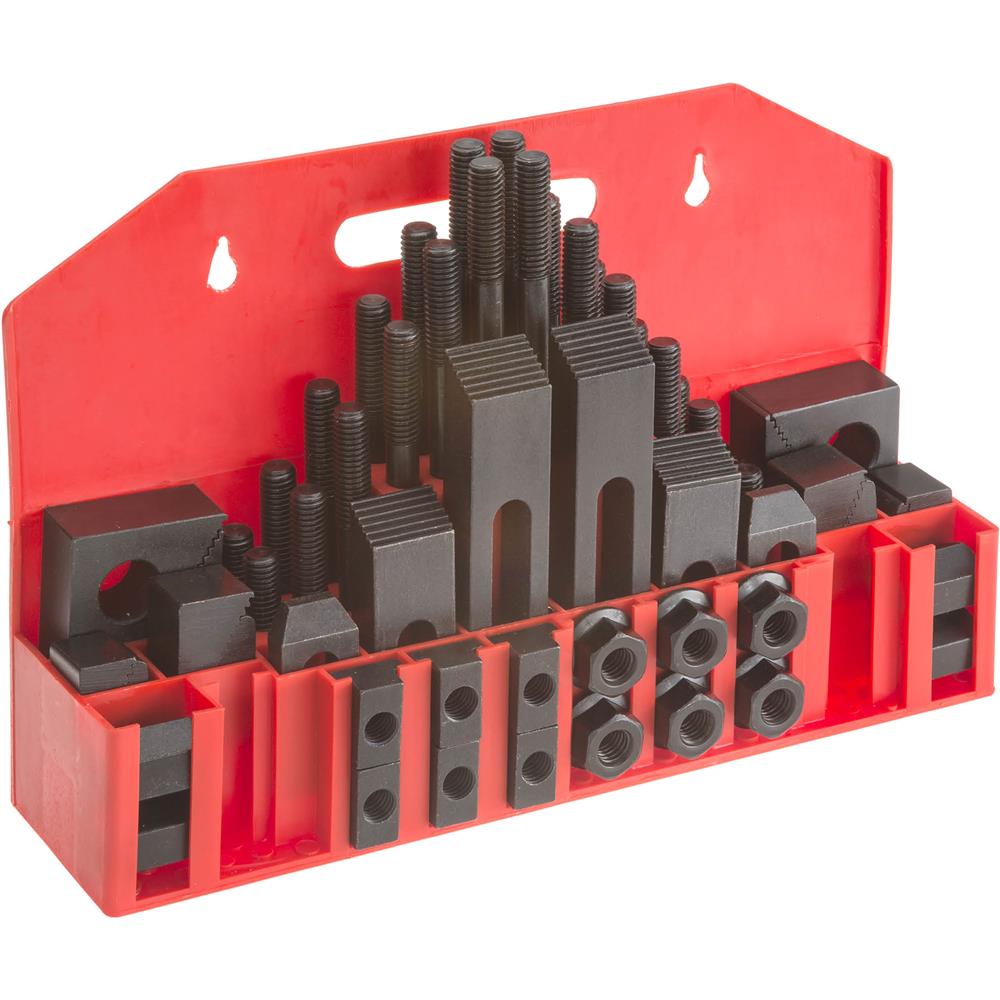 58pcs Clamping Kit With Metric & Inch Size
58pcs Clamping Kit With Metric & Inch Size -
 32 Blades Feeler Gauge From 0.04-0.88MM
32 Blades Feeler Gauge From 0.04-0.88MM -
 HSS Annular Cutters With Weldon Shank For Metal Cutting
HSS Annular Cutters With Weldon Shank For Metal Cutting -
 3 Flutes HSS Chamfering Countersink Drill bitl With 60 And 90 Degree
3 Flutes HSS Chamfering Countersink Drill bitl With 60 And 90 Degree -
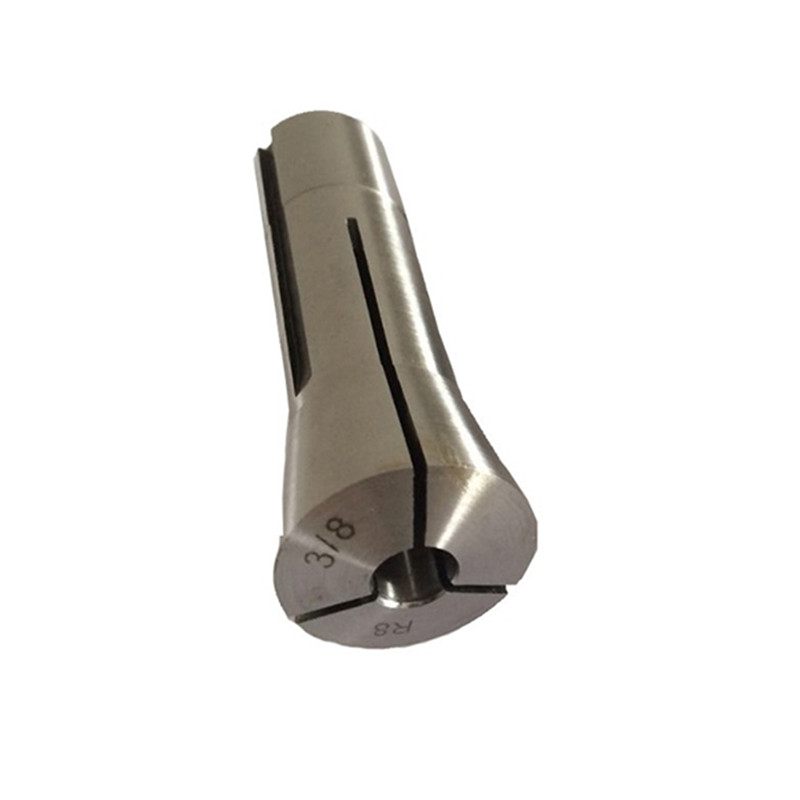 R8 Round Collet With Inch and Metric Size
R8 Round Collet With Inch and Metric Size -
 Type A Cylinder Tungsten Carbide Rotary Burr
Type A Cylinder Tungsten Carbide Rotary Burr -
 Precision Outside Micrometer Of Inch & Metric With Rachet Stop
Precision Outside Micrometer Of Inch & Metric With Rachet Stop -
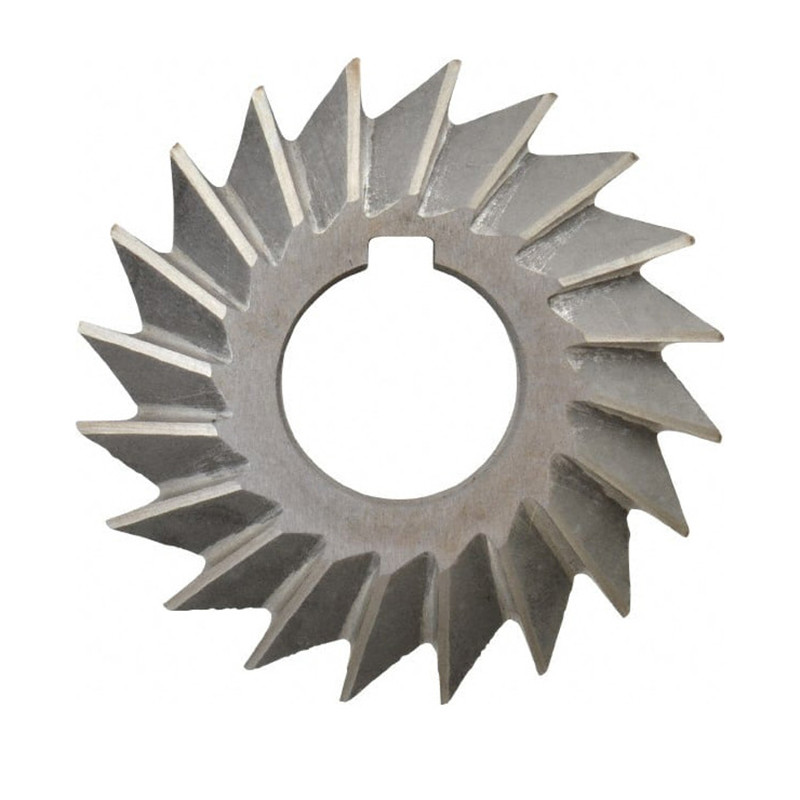 HSS Inch & Metric Single Angle Milling Cutter For Industrial With Bright Or TiN Coated
HSS Inch & Metric Single Angle Milling Cutter For Industrial With Bright Or TiN Coated -
 Dial Bore Guage From 6-450mm Range
Dial Bore Guage From 6-450mm Range -
 Inch ER Collets With Hight Precision Milling
Inch ER Collets With Hight Precision Milling -
 25PCS DIN338 HSS Twist Drill Bit Set From 1-13mm
25PCS DIN338 HSS Twist Drill Bit Set From 1-13mm

